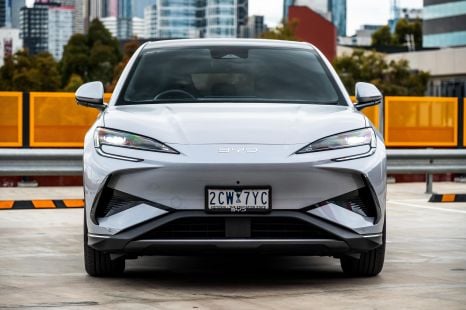

James Wong
2026 BYD Sealion 7 review
3 Hours Ago
Electric vehicle adoption is low in Australia, but there are a number of trials underway looking at how to change that. The latest comes from Origin Energy, backed by ARENA.

Contributor
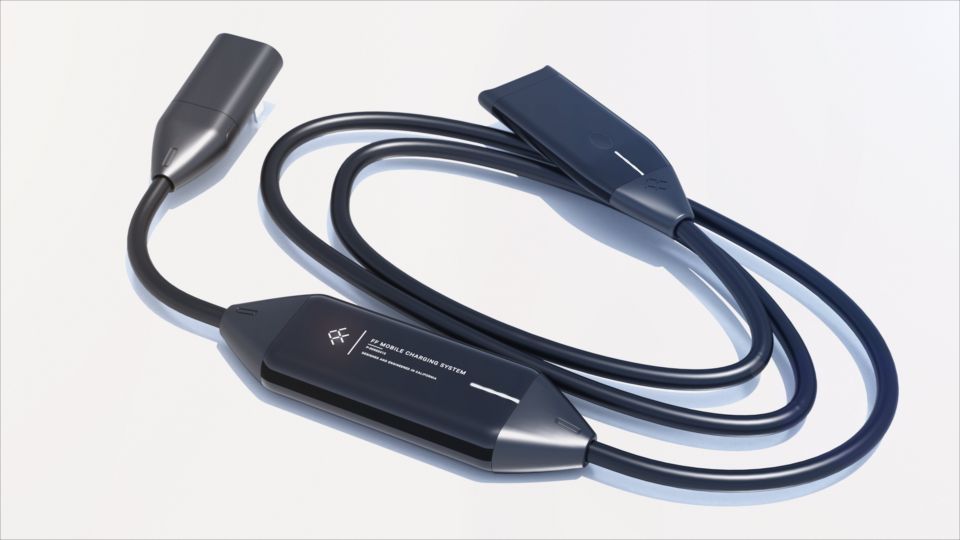

Contributor
A new two-year smart charging trial will aim to find out how electric vehicles can be recharged without putting excess strain on the Australian energy grid.
Powered in part an $838,000 grant from the Australian Renewable Energy Agency (ARENA), the trial will see 150 smart chargers supplied to private and fleet electric vehicle owners (or soon-to-be owners) in Victoria, New South Wales, Queensland, and South Australia.
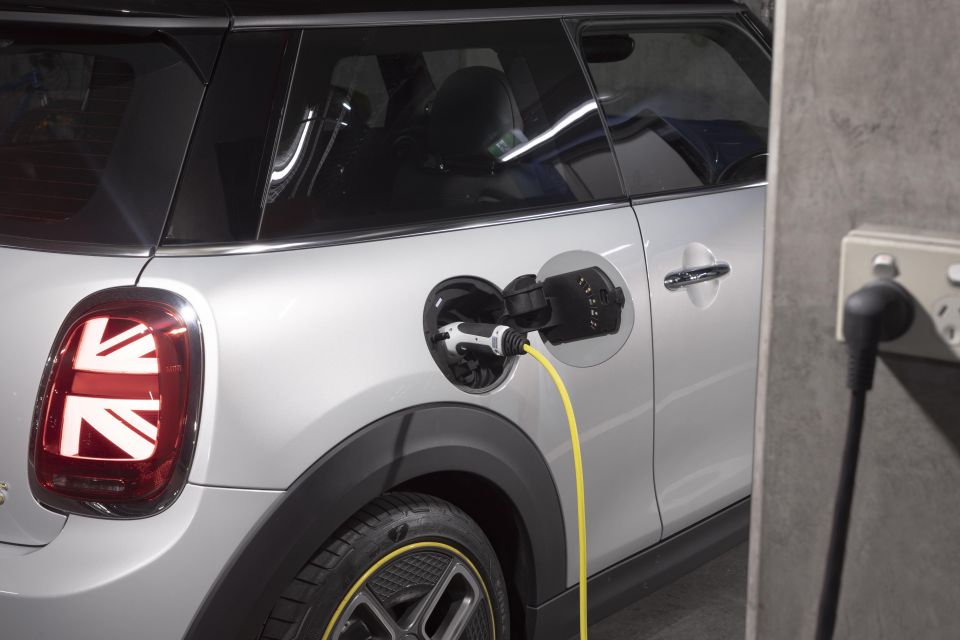
The smart chargers will be connected to an online system designed to manage when charging takes place. Rather than drawing energy during peak time – when the load on the energy grid is at its highest – the ‘Virtual Power Plant’ software aims to charge off-peak.
Not only should it make charging cheaper for homeowners and fleet operators, it should mean more of the energy used is supplied by wind or solar power.
“As the uptake of EVs increases, it will be important to efficiently manage the charging of vehicles, to avoid potentially costly impacts on peak demand, associated network charges and grid security issues,” said ARENA CEO, Darren Miller.
“Smart charging enables charging at times when demand is lowest and electricity is cheapest, which reduces the burden on the network and the cost to the customer.”
The trial is aimed at driving electric vehicle uptake of in Australia, which currently lags behind markets such as Europe.
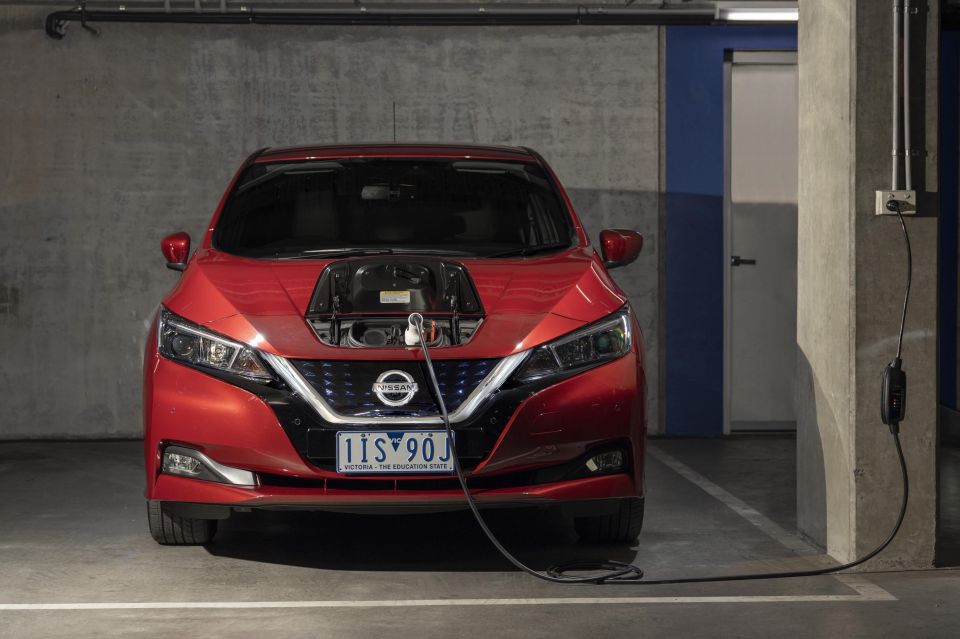
The Origin and ARENA trial follows a similar project from JET Charge, also backed by ARENA. It will investigate the potential benefits of bi-directional charging.
Although they draw energy from the grid while charging, some electric vehicles can also feed charge from their batteries back when plugged into a capable wall box, helping to stabilise the power grid during periods of heavy load.
They can also be used as generators to power a home or business during outages in some cases.
JET Charge will later this year offer its first bi-directional wall box charger, known as the Quasar, to Australian electric vehicle owners.
Scott Collie is an automotive journalist based in Melbourne, Australia. Scott studied journalism at RMIT University and, after a lifelong obsession with everything automotive, started covering the car industry shortly afterwards. He has a passion for travel, and is an avid Melbourne Demons supporter.


James Wong
3 Hours Ago
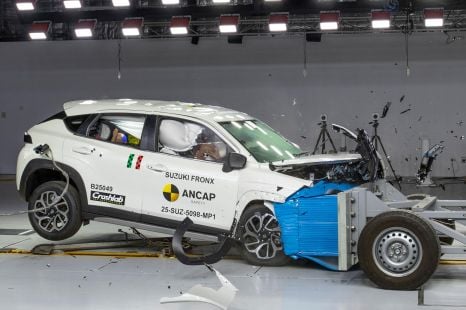

Damion Smy
11 Hours Ago
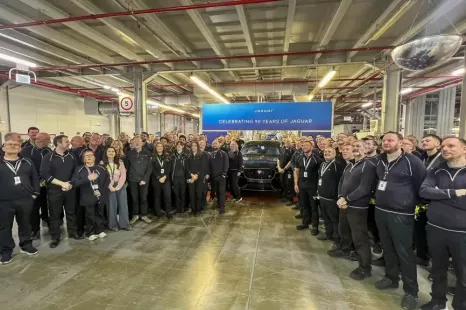

Damion Smy
15 Hours Ago
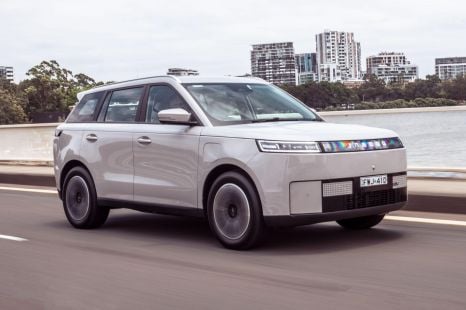

Josh Nevett
17 Hours Ago
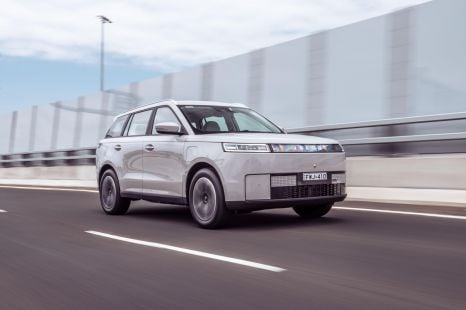

Josh Nevett
17 Hours Ago
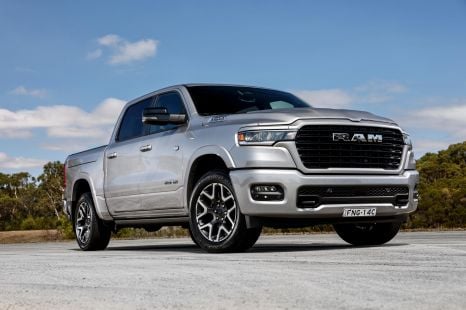

Damion Smy
17 Hours Ago